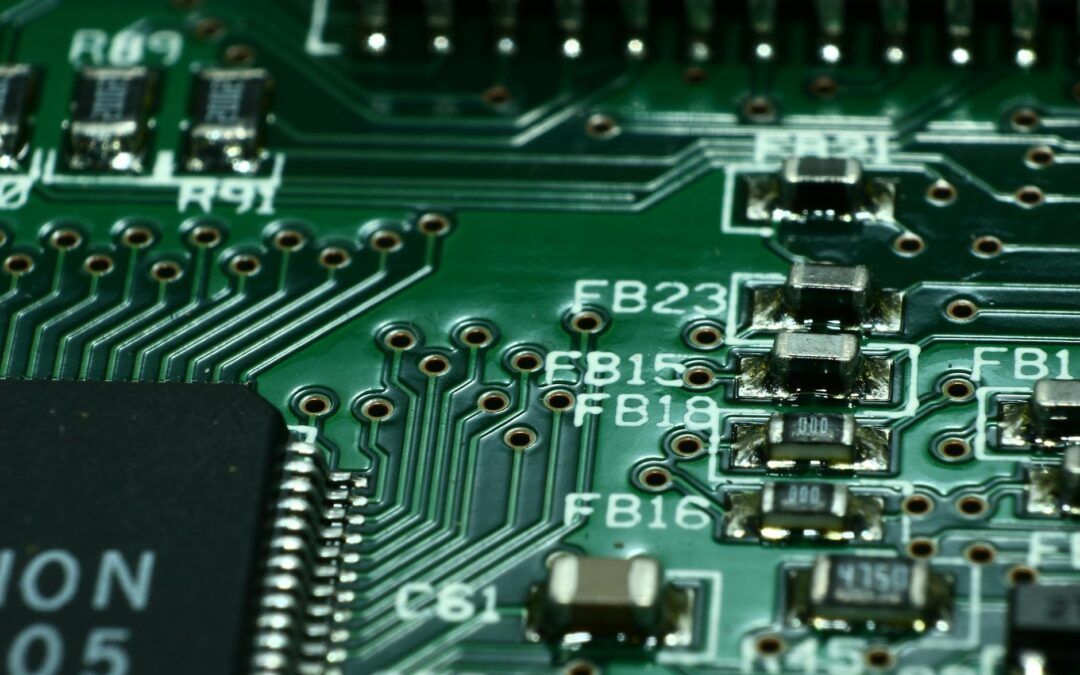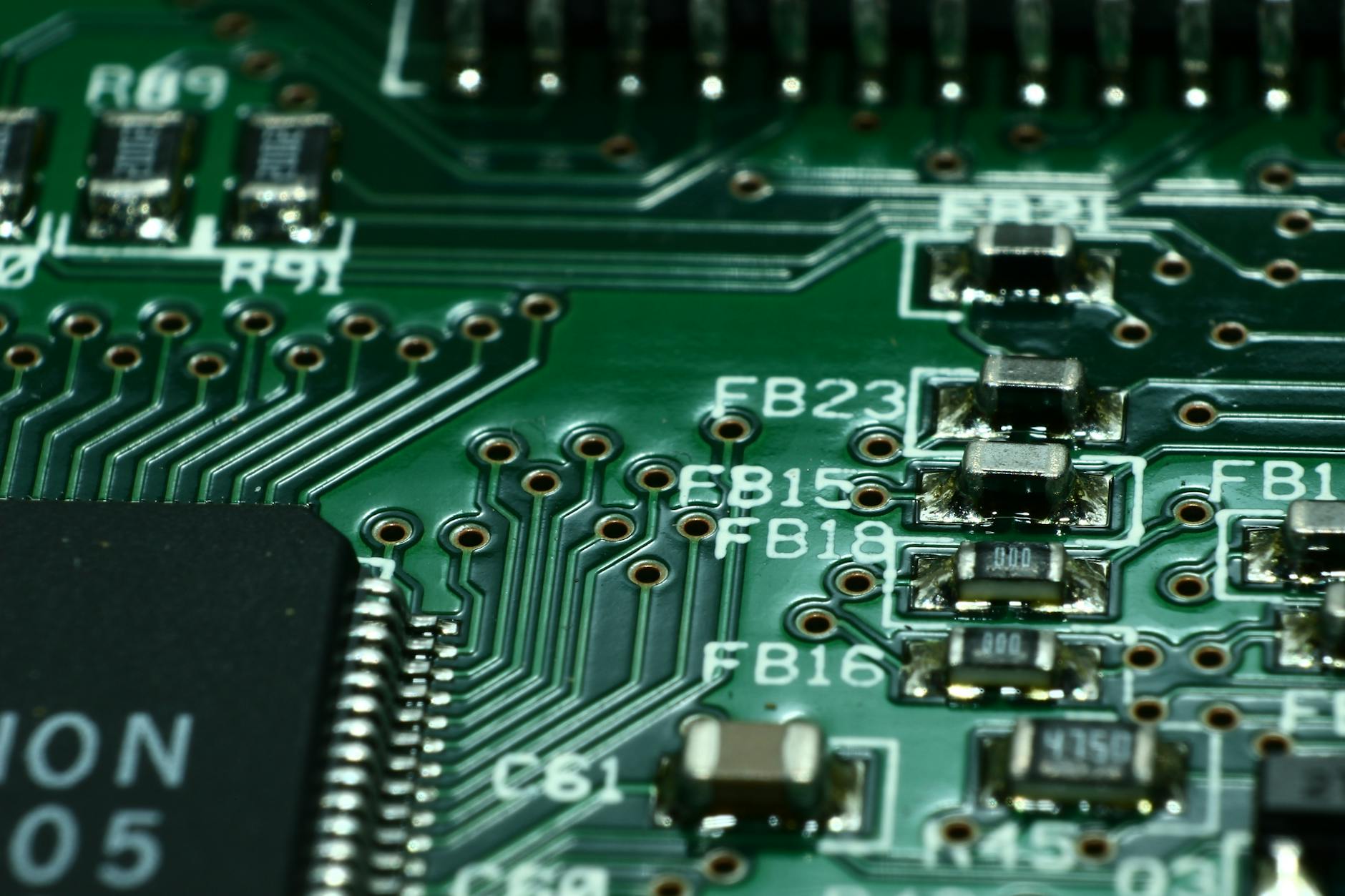Unveiling the mysteries of artificial intelligence – discover how AI is reshaping the world as we know it today. Join us!
Table of Contents
Welcome to the fascinating world of artificial intelligence (AI), where the realms of science fiction are rapidly becoming a reality. In this daily blog series, we will embark on a journey to explore the various facets of AI, from its origins and current applications to its potential benefits and ethical concerns. Join us as we delve into the depths of AI technology and unravel its complexities.
Historical Context of AI
Artificial intelligence traces its roots back to the 1950s, when the term was first coined by computer scientist John McCarthy. The early days of AI were marked by ambitious goals of creating machines that could mimic human intelligence. Over the decades, significant advancements have been made in AI research, leading to the emergence of technologies such as neural networks and deep learning.
Current Applications of AI
Today, AI is all around us, powering various technologies that have become ingrained in our daily lives. From voice-activated assistants like Siri and Alexa to recommendation algorithms on streaming platforms like Netflix, AI is reshaping the way we interact with technology. In industries such as healthcare, finance, and transportation, AI is being used to streamline processes, make predictions, and improve decision-making.
Benefits of AI
The potential benefits of AI are vast and manifold. By automating repetitive tasks and analyzing vast amounts of data, AI can enhance efficiency and productivity in various industries. AI-powered healthcare systems can assist in diagnosing diseases and developing personalized treatment plans, while AI-driven predictive analytics can help businesses make informed decisions and optimize their operations.
Challenges and Ethical Concerns of AI
While the promise of AI is undeniable, it also presents challenges and ethical dilemmas that require careful consideration. Issues such as bias in algorithms, job displacement due to automation, and concerns about privacy and data security must be addressed to ensure that AI technology is used responsibly. As AI continues to evolve, it is crucial to establish ethical guidelines and regulations to govern its development and deployment.
| Topic | Description |
|---|---|
| What is AI? | Artificial Intelligence is the simulation of human intelligence processes by machines, especially computer systems. |
| Types of AI | – Narrow AI (Weak AI): AI that is designed for a narrow task, such as voice assistants or recommendation systems. – General AI (Strong AI): AI that can perform any intellectual task that a human can do. – Superintelligent AI: AI that surpasses human intelligence. |
| Applications of AI | – Healthcare: AI is used in medical imaging, drug discovery, and personalized treatment plans. – Transportation: AI powers self-driving cars and optimizes traffic flow. – Finance: AI is used for fraud detection, algorithmic trading, and customer service chatbots. – Marketing: AI helps analyze customer data, personalize campaigns, and optimize advertising strategies. |
| Ethical Considerations | – Bias: AI systems can reflect and amplify biases present in training data. – Privacy: AI systems can collect and process large amounts of personal data, raising privacy concerns. – Job Displacement: AI has the potential to automate tasks currently performed by humans, leading to job loss in certain industries. – Accountability: The use of AI raises questions of who is responsible for its decisions and actions. |
Future Direction of AI
The future of AI holds immense potential for innovation and advancement. As technologies like machine learning and robotics continue to progress, we can expect to see even more sophisticated AI systems that can perform complex tasks and learn from new experiences. The impact of AI on society and the economy will be profound, shaping the way we work, communicate, and interact with the world around us.
Can Skynet Happen?
The notion of a superintelligent AI system like Skynet from the movie “Terminator” has long captured the imagination of the public. While the idea of AI gaining control and threatening humanity remains a popular theme in science fiction, the likelihood of such a scenario in reality is debatable. As we continue to advance AI technology, it is essential to consider the risks and implications of creating artificial superintelligence.
In conclusion, artificial intelligence is a vast and complex field that holds immense promise for the future. By understanding the history, applications, benefits, challenges, and ethical considerations of AI, we can navigate this evolving landscape with knowledge and awareness. Join us on this daily blog series as we unravel the mysteries of AI and explore the boundless possibilities that it presents.
Frequently Asked Questions
Have questions about artificial intelligence? Find answers to four common queries below:
What is artificial intelligence?
Artificial Intelligence (AI) refers to the simulation of human intelligence processes by machines, including computer systems. It involves the development of algorithms that enable machines to perform tasks that typically require human intelligence, such as learning, problem-solving, and decision-making.
What are the current applications of AI?
AI is used in various fields, including healthcare (medical imaging and personalized treatment plans), transportation (self-driving cars and traffic optimization), finance (fraud detection and customer service chatbots), and marketing (data analysis and advertising optimization). AI powers technologies like voice assistants, recommendation systems, and predictive analytics.
What are the benefits of AI?
AI offers numerous benefits, such as automating repetitive tasks, enhancing efficiency and productivity, improving decision-making through data analysis, and enabling personalized experiences in healthcare and customer service. AI technologies can also assist in diagnosing diseases, optimizing operations, and predicting outcomes in various industries.
Can superintelligent AI, like Skynet, happen?
While the concept of a superintelligent AI system like Skynet from “Terminator” is a common theme in science fiction, the likelihood of such a scenario in reality is debatable. As AI technology advances, it is crucial to consider the risks and ethical implications of creating artificial superintelligence and ensure responsible development and deployment practices.


Recent Comments